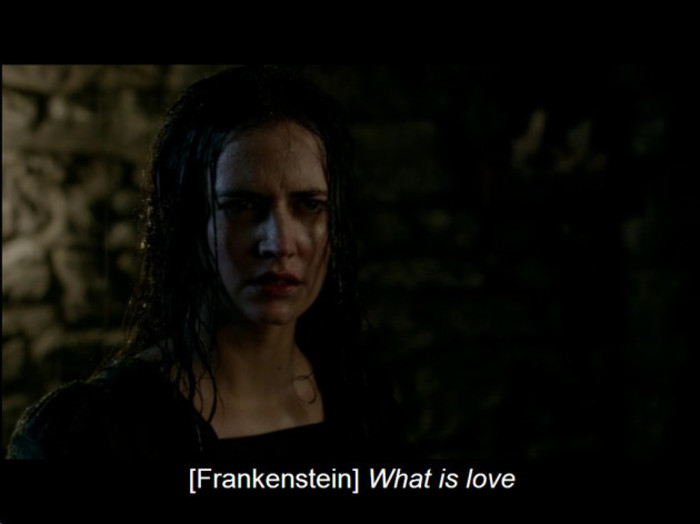Finance officials shot down tax plans to address 'critical' shortage of film studios
The idea was floated last year after calls for Ireland to double its studio capacity.
PROPOSALS TO GIVE tax breaks to help build film studios were knocked back by finance officials despite the arts sector complaining of a critical shortage in shooting space.
Government documents released under the Freedom of Information Act show that last year an expert group floated a series of ideas aimed at getting more investment into Ireland’s resurgent film and television sector.
One of the plans included in the early 2015 draft report from an interdepartmental group was a tax incentive to clear the way for further film studio development.
However Department of Finance assistant secretary Gary Tobin recommended the measure be rebutted “based on our film tax review showing the poor employment benefits resulting from tax support to the sector.”
The report came after industry figures raised the shortage of film studio space in Ireland, with Ardmore Studios’ chief executive claiming the company had been forced to turn away business due to a lack of capacity.
Ardmore is the largest studio in Ireland and has hosted a slew of famous productions productions including hit TV shows Penny Dreadful and the Tudors.
 Irish actor Jonathan Rhys Meyers (right) starred in the Tudors
Irish actor Jonathan Rhys Meyers (right) starred in the Tudors
Lack of space
Siún Ní Raghallaigh, who served as chairwoman of TG4 before heading up Ardmore, said in November 2014 that Ireland needed a minimum of 100,000 sq ft of additional studio space, which would have nearly doubled the then-capacity of 110,000 sq ft.
The working group, which was set up to try and increase the “jobs potential of the audiovisual industry”, said that a lack of studio space was the most critical issue facing the sector.
More than 6,000 people are employed directly in film production across Ireland, while in 2010 it was estimated there were over 26,000 working in the broader audiovisual industries.
As part of a ‘draft discussion paper’ the group identified several possible approaches to intervening in the sector in an effort to get more studio space built.
These included suggesting that local rates could either be lowered or abolished, or that Nama could help make makes sites available for development.
One of the suggestions was that a “capital grant” could be made available. The group said that this “would be along the lines of the aids historically given to investments in plant and machinery by the industrial development agencies”.
“Also included in this category would be transfers of land at below market costs and equity investments by state entities,” it said.
The group’s paper was sent from officials in the Department of Arts to the Department of Finance.
 A scene from Penny Dreadful
A scene from Penny Dreadful
Rebuffed
However in an email sent to bureaucrats in several government sections, Tobin said arts officials would “try and push for accelerated allowances for studios or some other investor-led, tax-break scheme”.
“We need a few concise points to rebut this. Can we get some economic stats based on our film tax review showing the poor employment benefits resulting from tax support to the sector?”
He was sent a series of points from a Revenue official listing possible downsides to supplying tax breaks for film studios.
These included that the European Commission could look at such tax breaks as a breach of state-aid rules and that the capital cost in the provision of studios “is high relative to the income that it generates”.
 People queue in Temple Bar for a Vikings extras casting
People queue in Temple Bar for a Vikings extras casting
Film industry expansion
A film studio tax break was not included in Budget 2016, although the government did raise the cap on a scheme that provides relief on individual film productions from €50 million to €70 million.
In the meantime, there has been more movement in the film industry. A new company called Troy Studios is pushing forward wuith plans to open a 340,000 sq ft studio in Limerick this summer.
The firm is headed up by Siún Ní Raghallaigh, Ardmore joint-owner Ossie Kilkenny and film producer John Kelleher.
The studio will be located in the former Dell factory in Castletroy, which was acquired by Limerick Council in May 2015. Troy Studios has agreed a 20-year lease with the council.
English giant Pinewood Studios has also moved into the Irish market. The studio, whose UK facilities have hosted films such as James Bond and Harry Potter, opened an Irish office last year and is looking to attract projects here.
A spokeswoman for the Department of Arts told Fora that tax reliefs or incentives were a matter for the Department of Finance, but her department was working with the Irish Film Board and other agencies “to explore the capacity to expand the industry”.
A finance spokesman said his department had often highlighted that any incentives had to be considered in the context of tax-expenditure guidelines.
“With regard to property-based incentives, other matters to consider include state-aid implications. This remains the position.”






